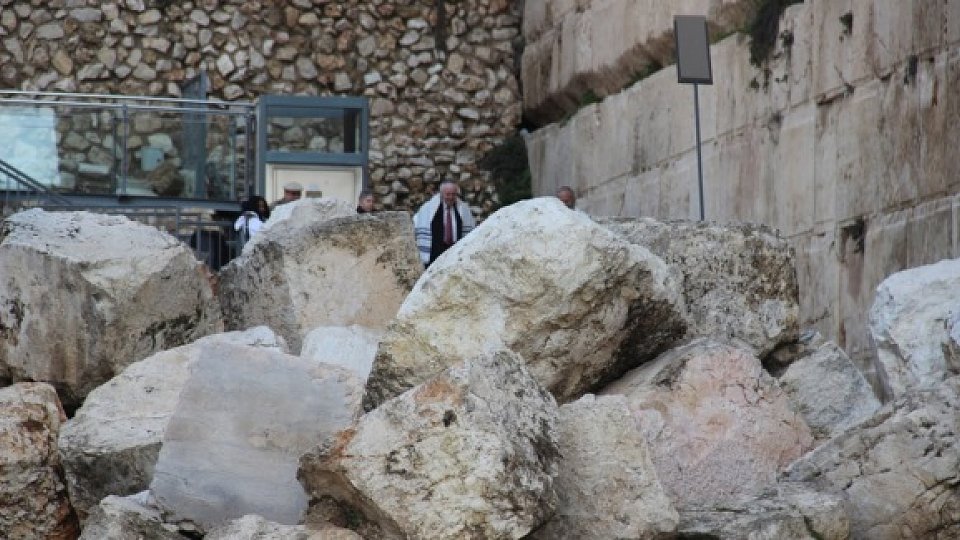A Recovering Pharisee?
Then Jesus said to the crowds and to his disciples, “The scribes and the Pharisees sit on Moses’ seat; therefore, do whatever they teach you and follow it; but do not do as they do, for they do not practice what they teach... They do all their deeds to be seen by others... [But] the greatest among you will be your servant. All who exalt themselves will be humbled, and all who humble them- selves will be exalted. (Matthew 23:1-3, 5a, 11-12)
EACH DAY DURING THE FINAL WEEK of his life, Jesus was more blunt in his criticism of the religious leaders. His parables were just thinly veiled indictments of their hypocrisy. In Matthew 23, Jesus spoke in the Temple courts to a crowd of hundreds, perhaps thousands. He began with a warning to do as the scribes and Pharisees said, but not as they did. One has the impression that there were religious leaders standing in the crowd, wearing flowing robes and frowns.
Jesus eventually turned to speak directly to them: “Woe unto you, scribes, Pharisees, hypocrites!” His words may seem unduly harsh and designed to provoke, until we remember that he knew already that these leaders would put him to death. He saw these leaders as betraying the very God they claimed to serve.
What were the religious leaders doing wrong? They were filled with pride. They performed acts of piety in order to be noticed by others. They loved affirmation and being seen as important. They demanded that the people practice one thing, while they themselves privately lived by another standard. They developed binding rules that contradicted the spirit and intent of the Law they claimed to uphold. They tithed on every herb in their gardens, but failed to practice justice, mercy and faithfulness.
In the most graphic of images, Jesus noted that the religious leaders were like “whitewashed tombs”— beautiful outside but full of decay inside (Matthew 23:27). The leaders appeared righteous but were full of hypocrisy and wickedness. They were like blind guides. They strained gnats but swallowed camels. You get the idea. It wasn’t a flattering picture.
Having said that, I now have a confession to make: I am a recovering Pharisee, and sometimes I “fall off the wagon.” I find that nearly every part of Jesus’ indictment of the Pharisees has, at one time or another, applied to me. How easy it is to pose as something you are not, to love being called “Pastor” or “Reverend,” to stand in front of a congregation asking people to do something that you yourself are not doing.
The Greek word for hypocrite meant an actor on a stage. Are you play-acting your faith, or does it permeate your entire life? Are you like a whitewashed tomb filled with unclean things? Are your motives ever less than pure? Jesus' indictment of the Pharisees is an invitation to self-examination and repentance.
Looking back at today’s reading from Matthew, I am reminded of the call to practice what I preach, to live my life “for an audience of One,” and to humble myself before God and others.
Lord, forgive me for those moments when I have become a Pharisee. Help me to live what I claim to believe. I long for my motives to be pure—please forgive me when they are not. And help me to humble myself before you, while seeking always to serve others. Amen.
~~~
Today's post is an excerpt from The Way: 40 Days of Reflection.
~~~
Wednesday's Photo information:
Jesus foretold on this day the destruction of the temple saying, "Not one stone will be left atop another." In AD 70 his words were fulfilled. These are some of the stones from the walls of the temple that were cast down by the Romans. They've been sitting here for 1,943 years, a silent testimony to the words of Jesus on the last week of his life.



Comments
blog comments powered by Disqus